|
News:
-
Vortrag zur Masterarbeit von Herrn Fabian
Predelli, 22.10. 15:00 in MS2.202
-
Vortrag zur Bachelor-Arbeit von Frau
Mailin Klitzke, 29.10. 15:00 in MS2.202
-
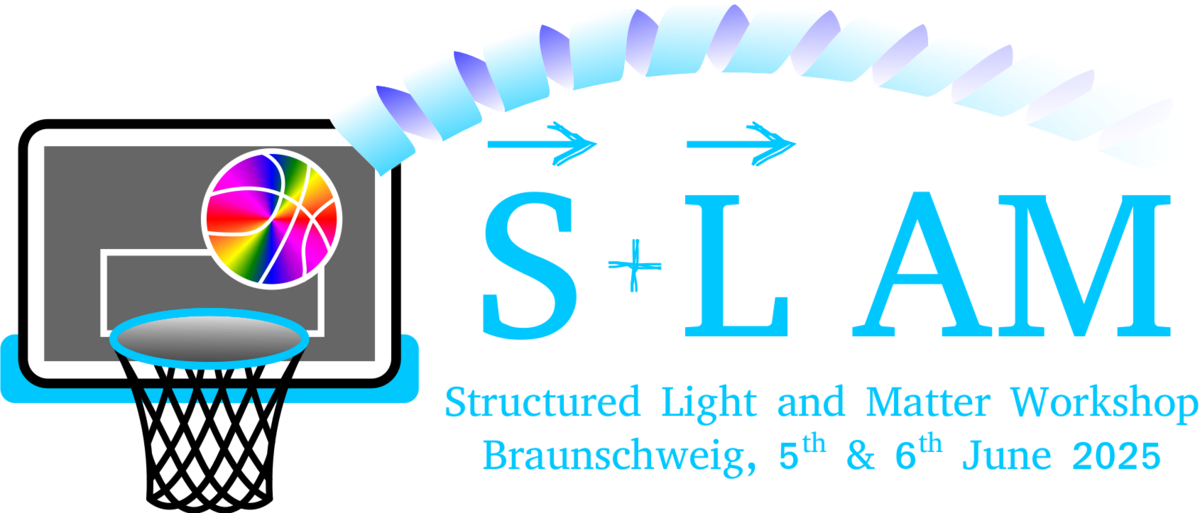
-
This is the third workshop on Structured Light
and Matter in Braunschweig and within the
Cluster of Excellence Quantum Frontiers - Light and
Matter.
Structured light modes, featuring complex polarization
textures and strongly inhomogeneous intensity profiles,
attract currently interest in many areas of modern
physics.
Details
-
-

-
Die B-IGSM, Braunschweig Graduate School of Metrology,
wurde neu gestartet (2024-2029). Für 2024 sind bereits
neue Vorlesungsreihen und eine Sommerschule geplant.
Sprecher sind M. Schilling und S. Kroker.
-
Disputation der Promotion von Florian Büscher am
15.8.2023
-
Disputation der Promotion von Silvia Müllner am
27.7.2024
-
Vortrag zur Professionalisierung von Fabian
Predelli am 04.02.2025
-
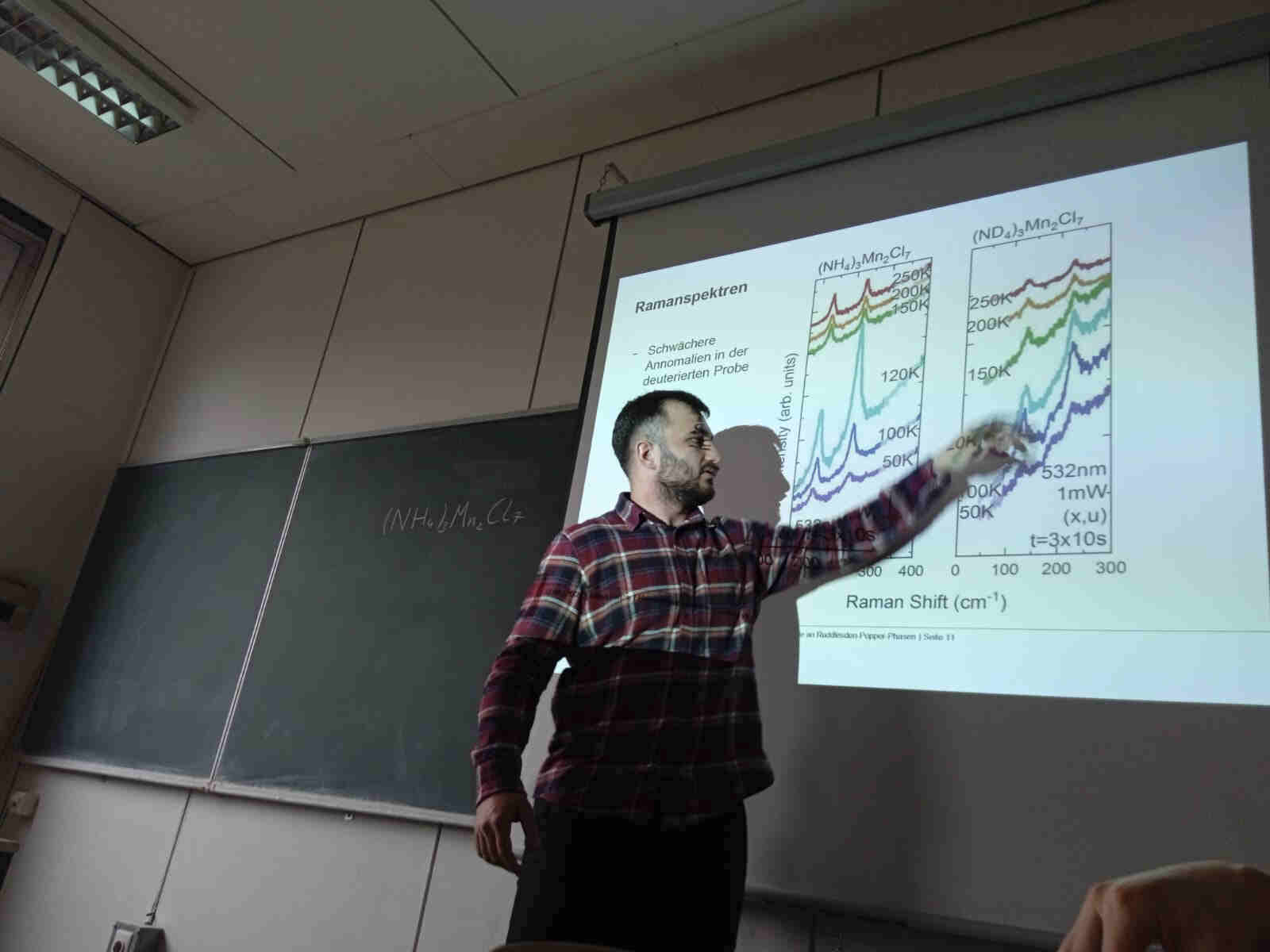
-
Bachelor-Vortrag von Rinis am
5.4.2023
-
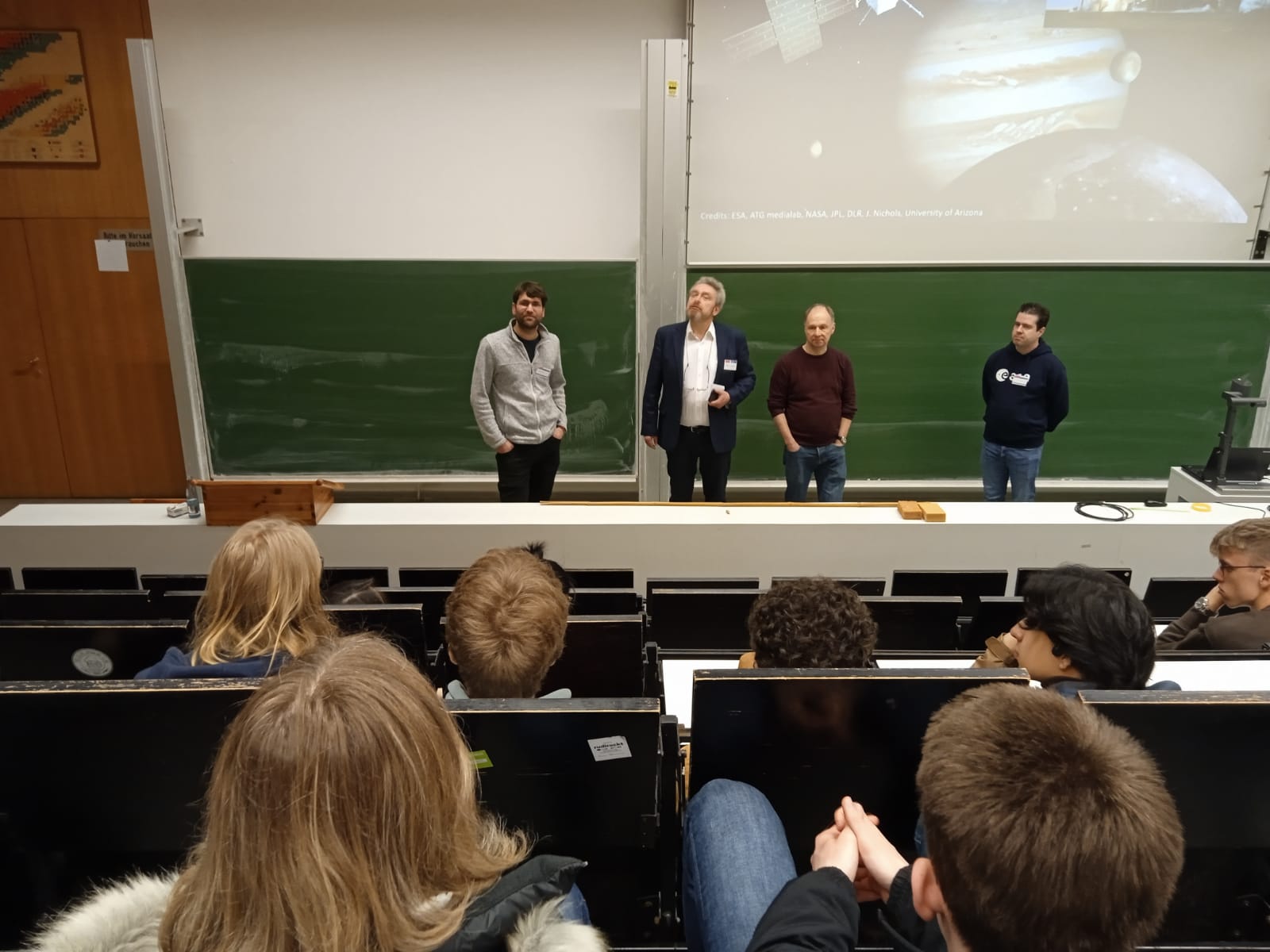 Schüler-Infotag
am 15.04.2023 mit Matthias Bücker, Peter Lemmens, Dirk
Menzel, Ferdinand Plaschke und vielen anderen. Danke an
alle Teilnehmer und die Physik-Fachgruppe. Schüler-Infotag
am 15.04.2023 mit Matthias Bücker, Peter Lemmens, Dirk
Menzel, Ferdinand Plaschke und vielen anderen. Danke an
alle Teilnehmer und die Physik-Fachgruppe.
-
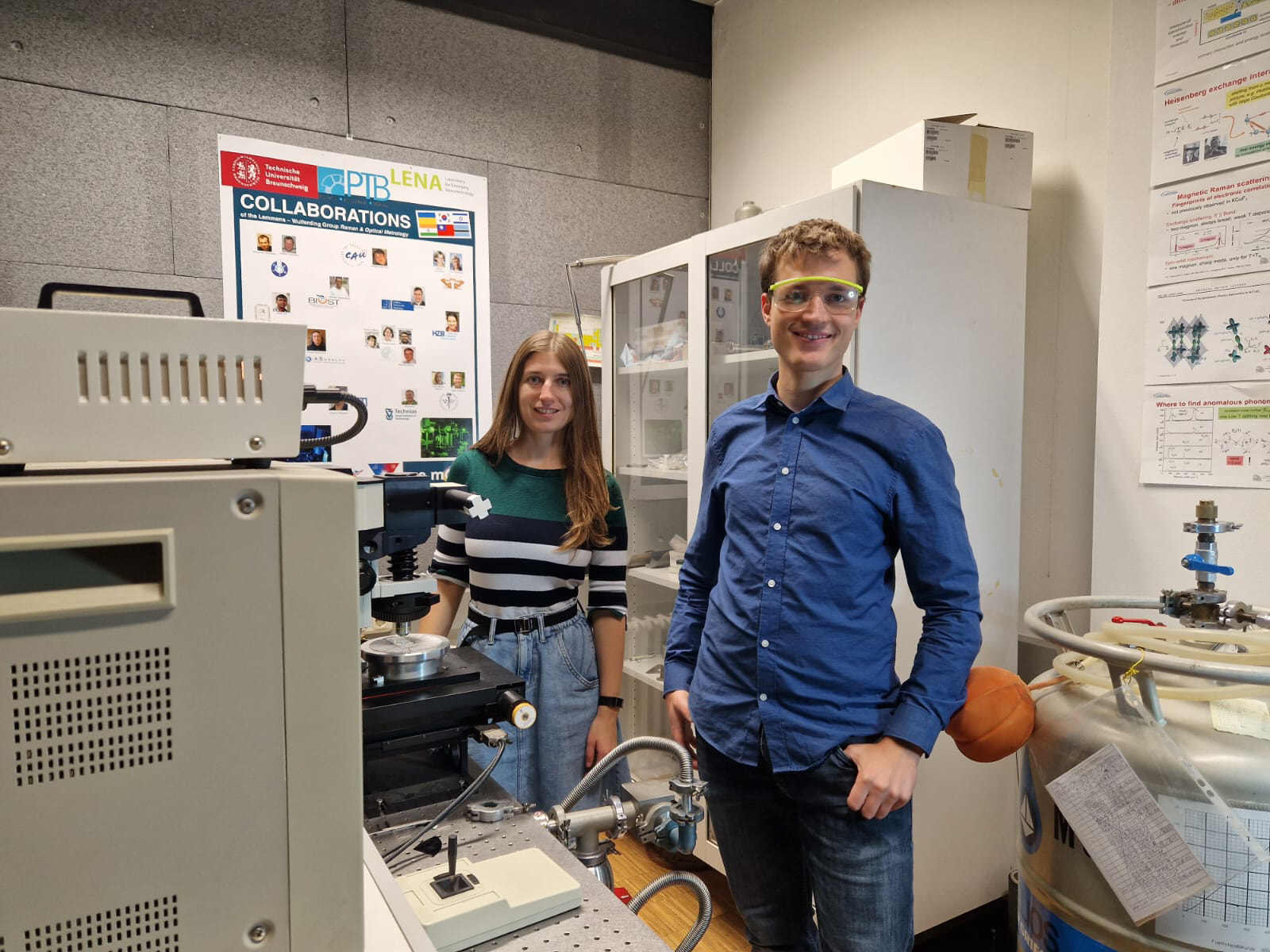 Florian
Büscher und Kseniia Denisova im Lichtstreulabor Florian
Büscher und Kseniia Denisova im Lichtstreulabor
-
Discrimination of Chiral and Helical Contributions
to Raman Scattering of Liquid Crystals Using Vortex
Beams,
Physical Review Letter (2022):
We use vortex photon fields with orbital and spin
angular momentum to probe chiral fluctuations within
liquid crystals. In the regime of iridescence with a
well-defined pitch length of chirality, we find low
energy Raman scattering that can be decomposed into
helical and chiral components depending on the
scattering vector and the topological charge of the
incident photon field. Based on the observation of an
anomalous dispersion we attribute quasielastic
scattering to a transfer of angular momenta to rotonlike
quasiparticles. The latter are due to a competition of
short-range repulsive and long-range dipolar
interactions. Our approach using a transfer of orbital
angular momentum opens up an avenue for the advanced
characterization of chiral and optically active devices
and materials.
-
Non-Abelian statistics in light-scattering processes
across interacting Haldane chains:
A joint German-Ukrainian work on topological Raman
scattering, highlighted by the
Editors of Physical Review B.
-
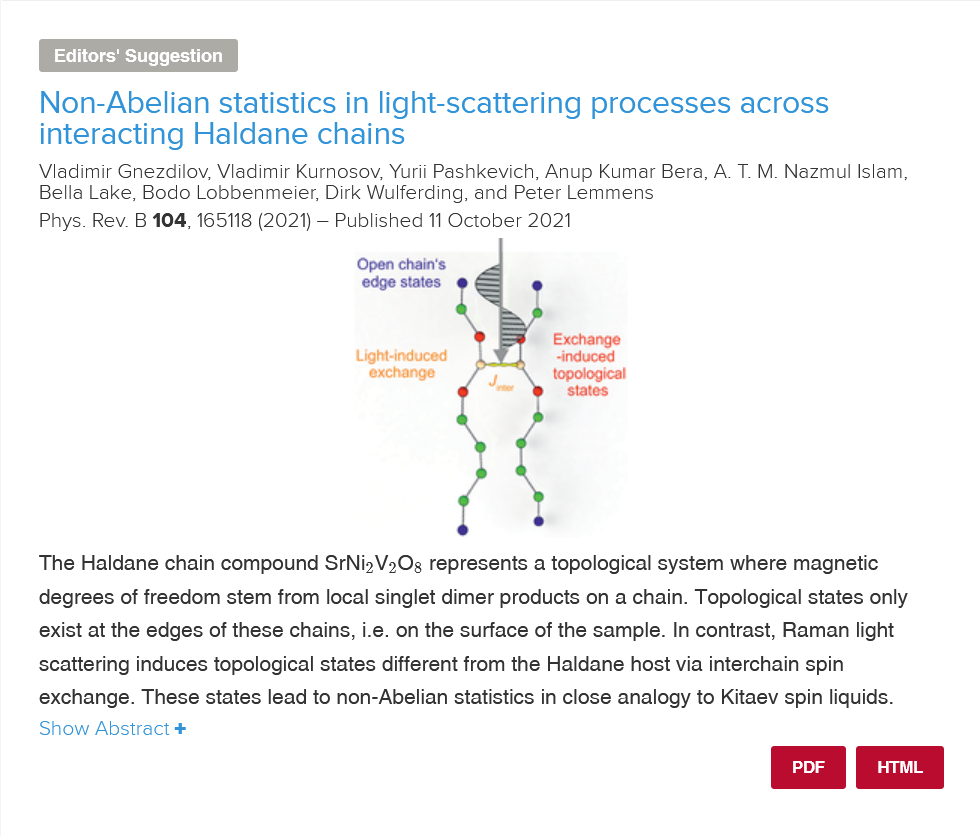
-
Forschung:
-
Wir interessieren uns für
das Wechselspiel von
Photonen mit
Festkörpern und Nanosystemen. Aktuelle Arbeiten
betreffen elektronische Korrelationen, topologische Effekte und Chiralität.
Die Metrologie von Quantensystemen ist ein weiterer wichtiger Aspekt unserer
Arbeiten. Preprints finden sich auf
ArXiv und
hier
Nature,
1,
2.
-
Our interest is related to the
interplay of photons with solids and nanosystems. Recent work highlight electronic correlations,
topological effects,
and chirality. Metrology of quantum systems is a further important
aspect of our work, see preprints on
ArXiv and
Nature,
1,
2.
Materialwissenschaften und Grundlagen von
Quantencomputern. Gibt es da einen Zusammenhang? Quantenverschränkung
ist verknüpft mit der Stabilität von Informationen, die auf
Symmetrien beruhen. Festkörper haben solche
Symmetrien, z.B. sind die Atome im Raum mit einem
bestimmten Abstand angeordnet. Wenn Elektronen dann auch
noch in der Nähe besonders schwerer Atome sind, werden
sie sehr schnell und schaffen damit eine Brücke zur
Quantenmechanik von Elementarteilchen. Dieses Gebiet ist
schon lange bekannt, siehe z.B. Frank Wilczeks
Anyonen, Nobelpreis Physik 2004.
Die Materialforschung hat es allerdings in den letzten
Jahren geschafft, solche Eigenschaften in
besonderen Verbindungen zu verstärken und kontrollieren. In Zusammenarbeit
mit Festkörperchemikern und Materialforschung arbeiten wir
auf diesem spannenden Gebiet.
-
Unser
Ansatz: In
unserer Arbeitsgruppe werden
Festkörper und Nanosysteme
mit Licht (Photonen) bestrahlt. Aus der Probe kommen
dann neue Photonen mit einer anderen Energie, die
Informationen über das Innenleben des Festkörpers
mitbringen. Da reicht dann schon ein kleines Magnetfeld
oder eine Temperaturänderung und wir haben eine
Vorstellung davon, wie Atome miteinander "sprechen". Dies
nennt man Raman-Lichtstreuung und basiert auf den
Arbeiten von Sir Raman (Indien), Smekal (Österreich) und
Landsberg/Mandelstam (Russland) von vor ca. 100 Jahren.
-
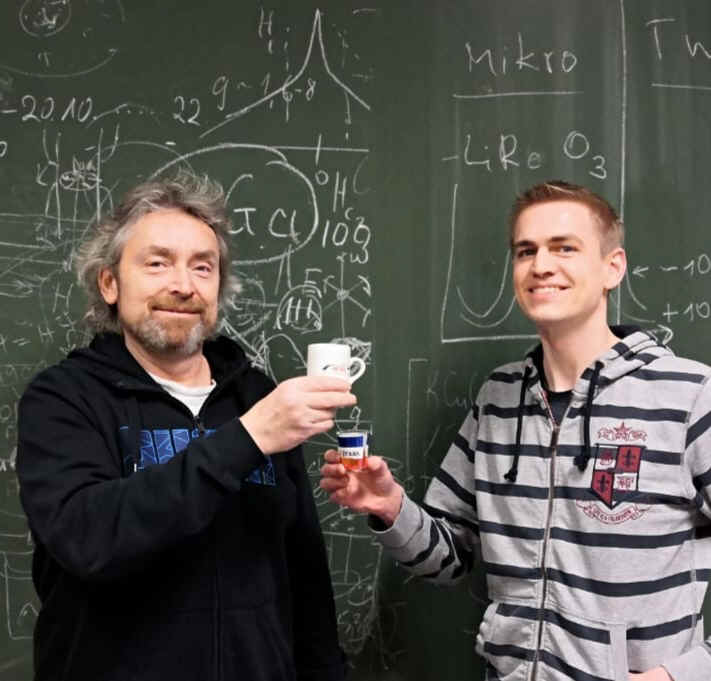 Phasentest mit anyonischer Statistik, PL, DW, 2020.
Phasentest mit anyonischer Statistik, PL, DW, 2020.
-
Dazu auch unsere
Arbeiten zum Zusammenhang von
Topologie
und Quasiteilcheneffekten in
Weyl-Halbmetallen,
mit dem New-Yorker Theoretiker
David Schmeltzer und der Gruppe um Claudia Felser (1,
2) und
Chandra
Shekhar,
MPI-CPfS Dresden
-
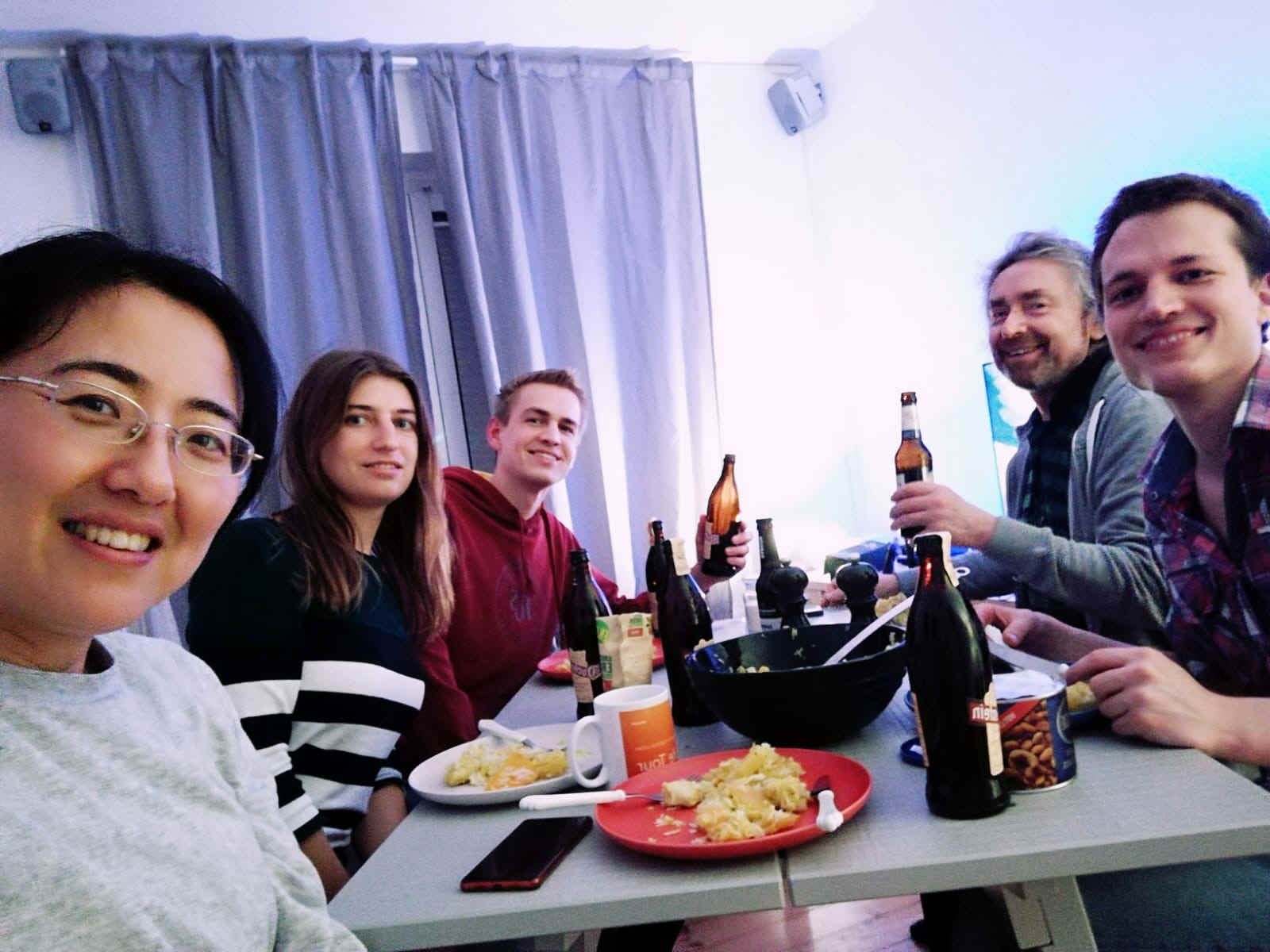 Hongdan, Kseniia, Dirk, Peter, Florian (2020).
Hongdan, Kseniia, Dirk, Peter, Florian (2020).
-
-
Braunschweig und die
Exzellenzinitiative
-
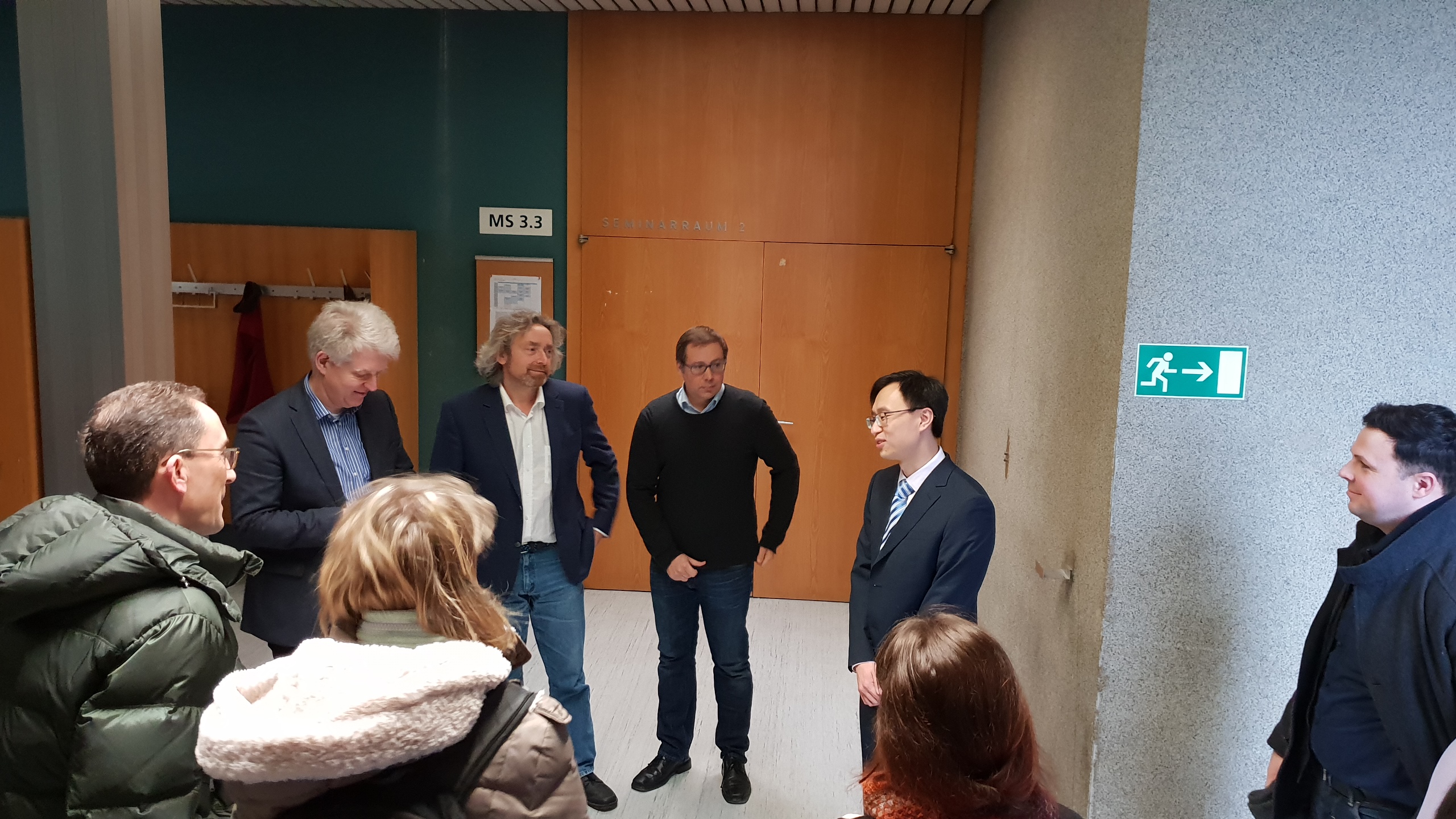
-
Dissertation von Liu Bo, 2019.
|
Some publications: |
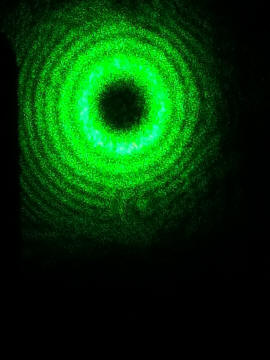 |
Phase and Spectroscopy - Photon fields may
have phase and energy. Can we use the former in a
spectroscopic experiment? Silvia Müllner found a
clear yes. Evenmore, it is prossible to distinguish
chiral and helical contributions to Raman scattering
if a proper model system is choosen.
Highlighted by the
Editor of PRL, |
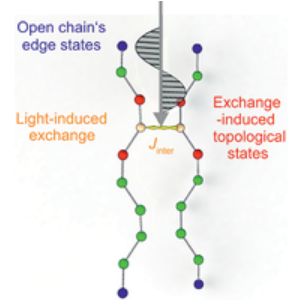 |
Strange Statistics - A well-known
topological spin chain material shows topological
edge states on the surface of the material. Using an
optically induced process we have generated
unconventional topological bulk states. This paper
was choosen as an
PRB Editor's Choice. |
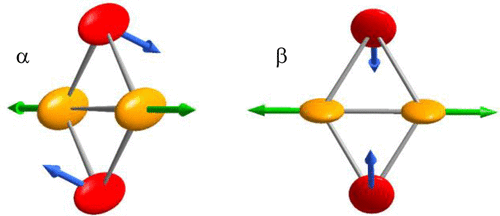 |
The
Beauty of the Butterfly - FeMoO4 exists in
two structural modifications, one of them with
exceptional catalytic properties. Our combined
structural, thermodynamic and spectroscopical study
demonstrates that the local coordination of Fe-O
dictates its electronic and magnetic properties.
This leads to the rare case of crosslike 90°
noncollinear AF structure caused by
Dzyaloshinskii–Moriya interaction,
J. Phys. Chem. (2021). |
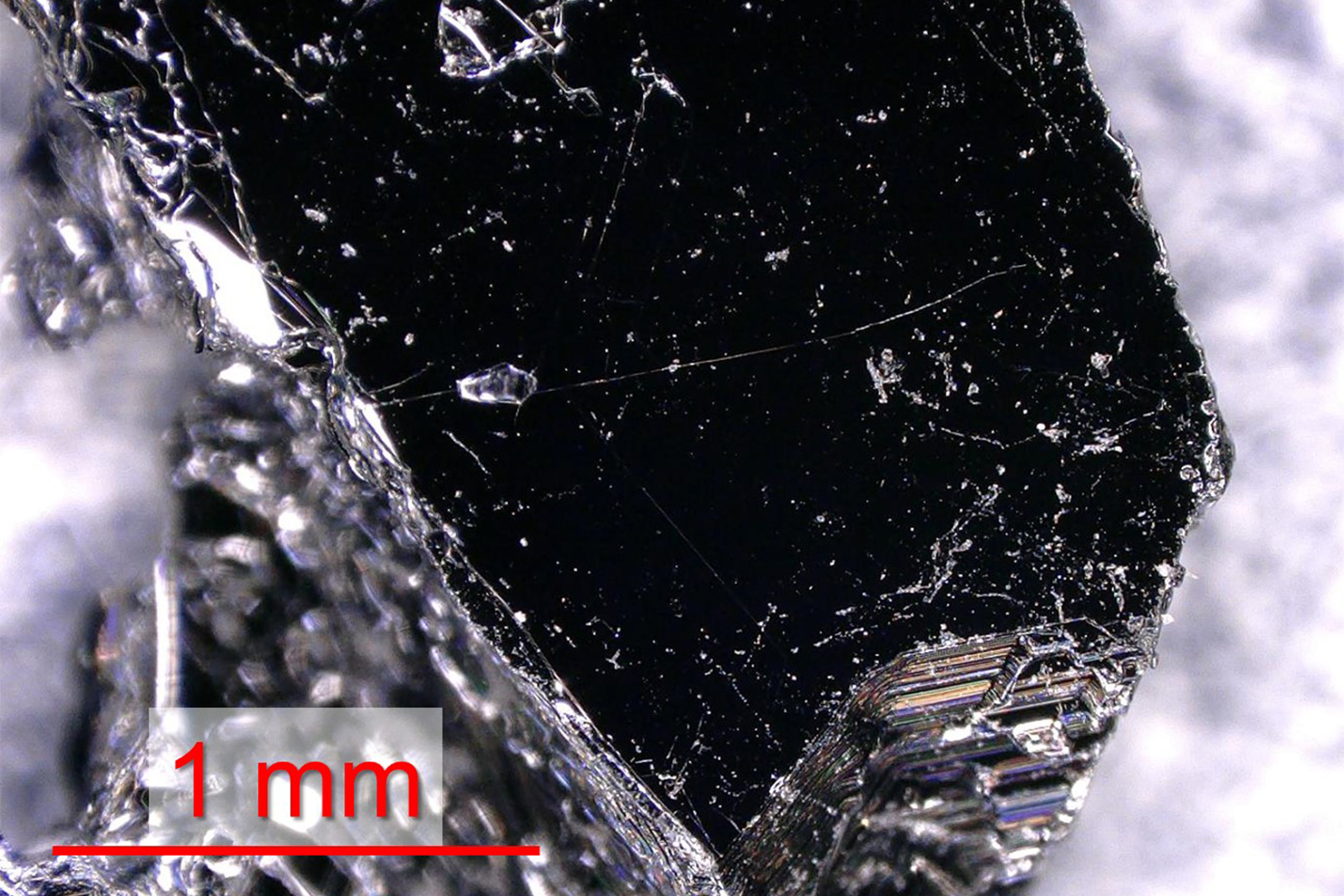 |
High magnetic field Raman experiments show
the evolution of bound states from Majorana fermions that
are fingerprints of the long sought for spin liquid in
RuCl3. Such materials have implicaction for topologically stable systems and
quantum computing,
Nature Communication,
(2020). |
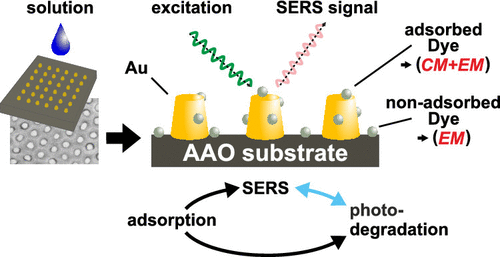 |
Quantifying enhanced Raman scattering is a challenging and
important task. Our recent study shows that light-induced
degradation of localized nanoemitters and molecules can be
used as a significant tool, Liu Bo, et al.,
J. Phys. Chem. (2019). |
|
 |
Fractionalized modes: The Kiteav model with
anisotropic exchange on a honeycomb-like lattice predicts
the existence of topological excitations with fractionalized
quantum statistics. Such modes have recently been predicted
and now observed experimentally in quasi-3D coordinated
Iridium oxides, see
Nature Communication, (2016). |
|
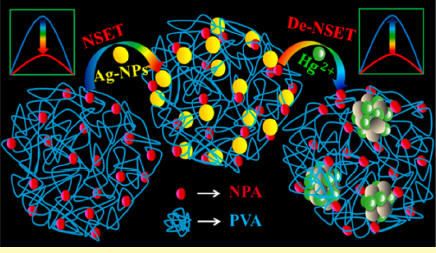 |
Mercury a serious health
thread ... can be
detected using Ag nanoparticles with a turn-on
ultrasensitive fluorescence sensor and a linear regime from
0 to 1 ppb, P. K. Sarkar, et al.,
ACS Sensors
(2016). |
|
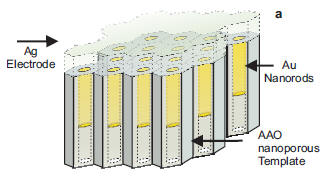 |
Plexcitons in a periodic
structure... periodic
arrays of plasmonic Au wires in proximity to a dye show
strong coupling to molecular excitons. Such plexcitons can
be modelled in some microscopic approach using a Zubarev
Green's function method following the work of Manjavacas et
al.., Liu Bo, et al.,
Nanotechnology (2017).
|
|
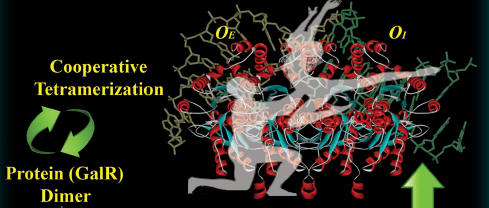 |
The Dance of DNA... Although many
forms of dynamical behaviour of proteins under allosteric
interactions with effectors are predicted, little evidence
of dynamics in the interaction has been reported. Here, we
demonstrate the ultrafast dynamics of the allosteric
interaction of the Gal repressor (GalR) protein dimer with
DNA operator sequences using time resolved optics , see S.
Choudhury, et al.
ChemBioChem (2016) |
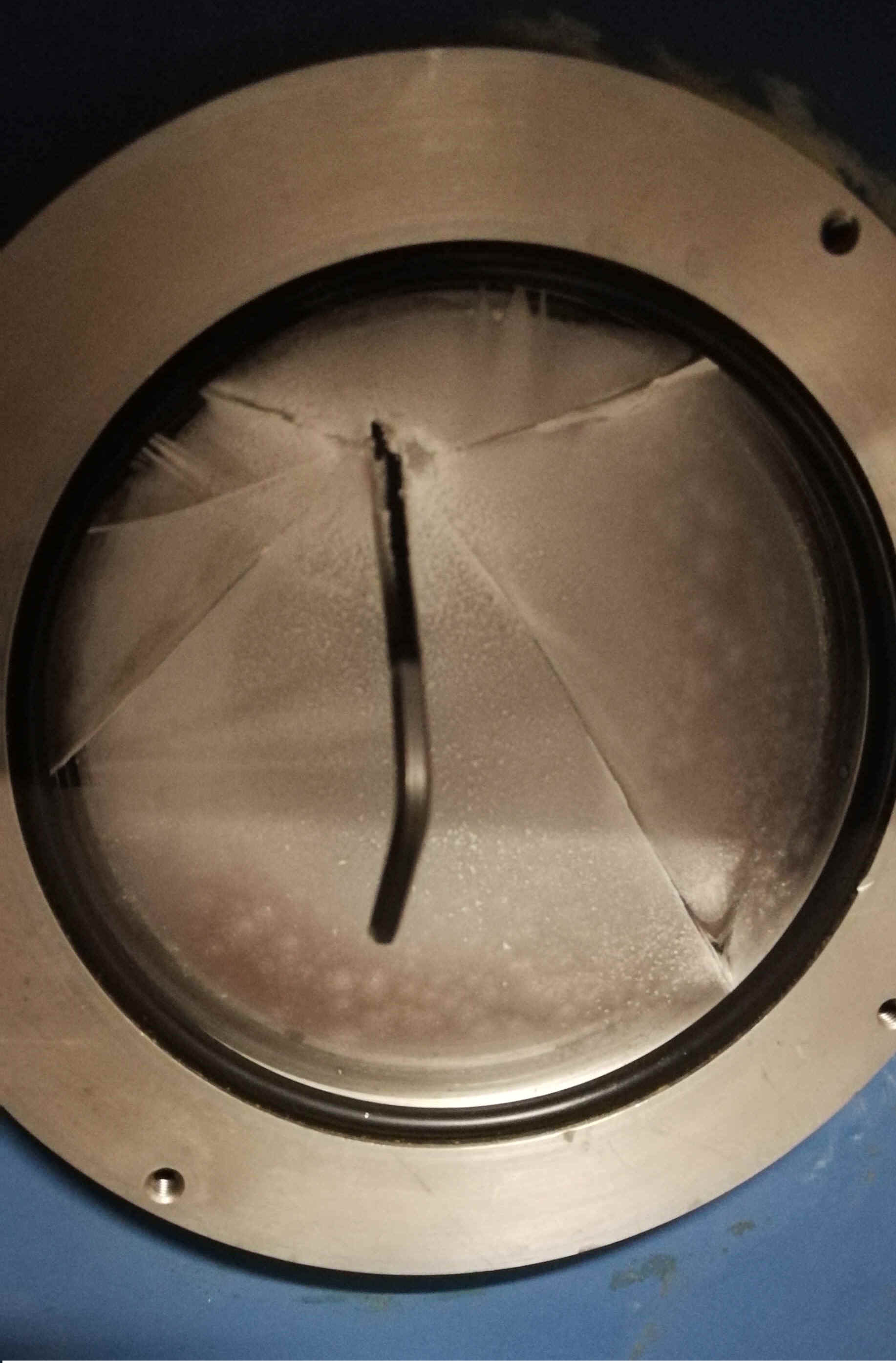 |
In einem bahnbrechenden Experimenten gelang uns kürzlich die
spontane Umwandlung von kinetischer Energie in schwarze
Materie durch die Kollision eines Imbuss-Schlüssels mit
einem Kryostatenfenster bei tiefen Temperaturen und in hohen
Magnetfeldern (T = 4 Kelvin und B = 10 Tesla). Ein direkte
Zeuge: ".. plötzlich war alles in Nebel gehüllt..". Leider
können wir die Reproduzierbarkeit dieser Entdeckung nicht
zweifelsfrei bestätigen. |
|
| |
|
Group
members: |
Room / Tel.
- Lab. / Tel. - Email:
|
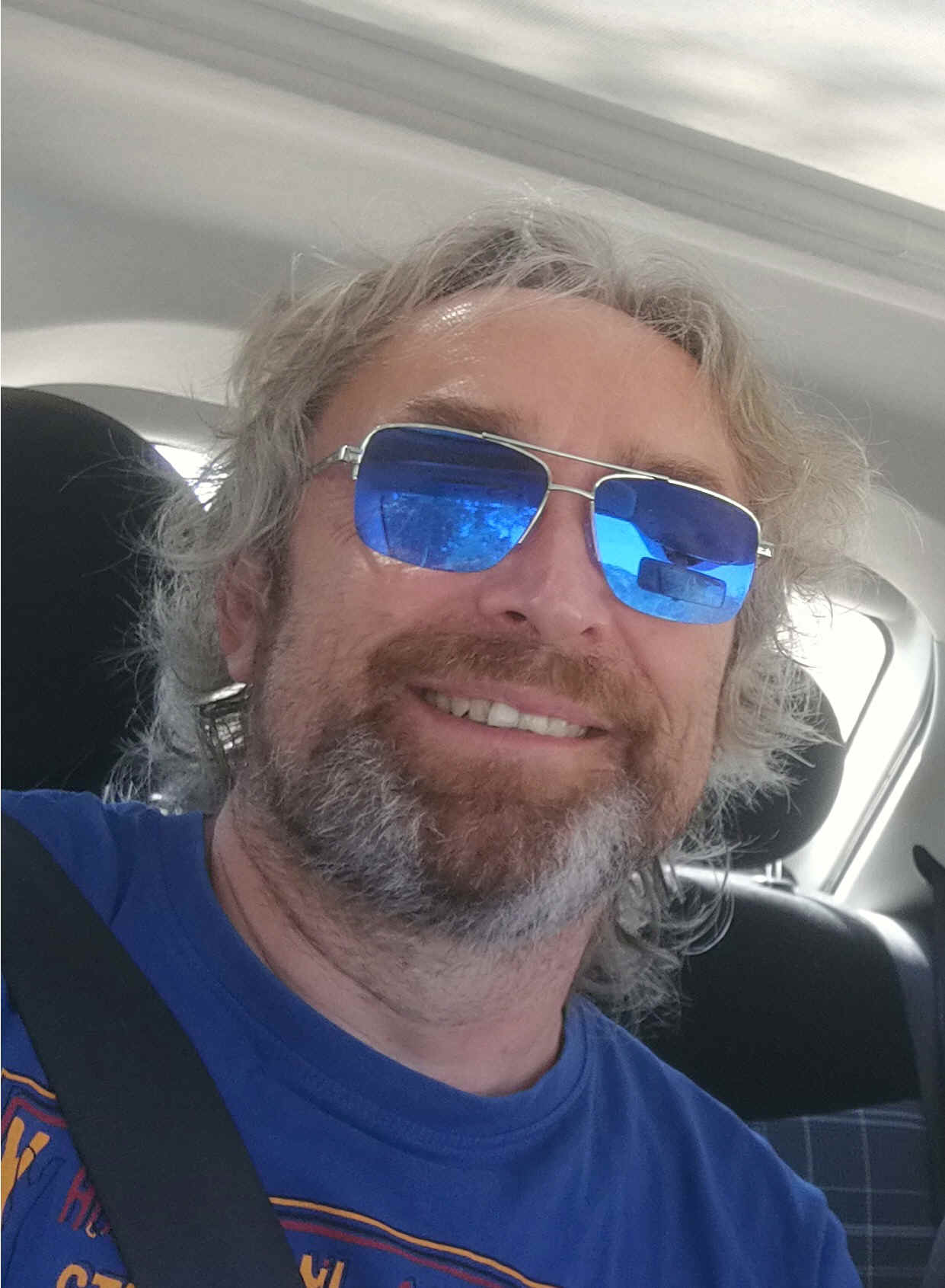 |
Prof. Dr.
Peter Lemmens
p.lemmens - at - tu-bs.de
p_lemmens (S***pe)
Principal Investigator
ORCID
and
Scopus ID
TU Braunschweig,
Mendelssohnsstr. 3,
38106 Braunschweig,
Germany, MS 3.204 |
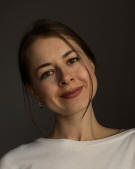 |
Polina Gromowa
115 / (0531) 391-5108;
(0531) 391-7986
polina.gromova
at tu-braunschweig.de
Structured light,
Metrology, Nds |
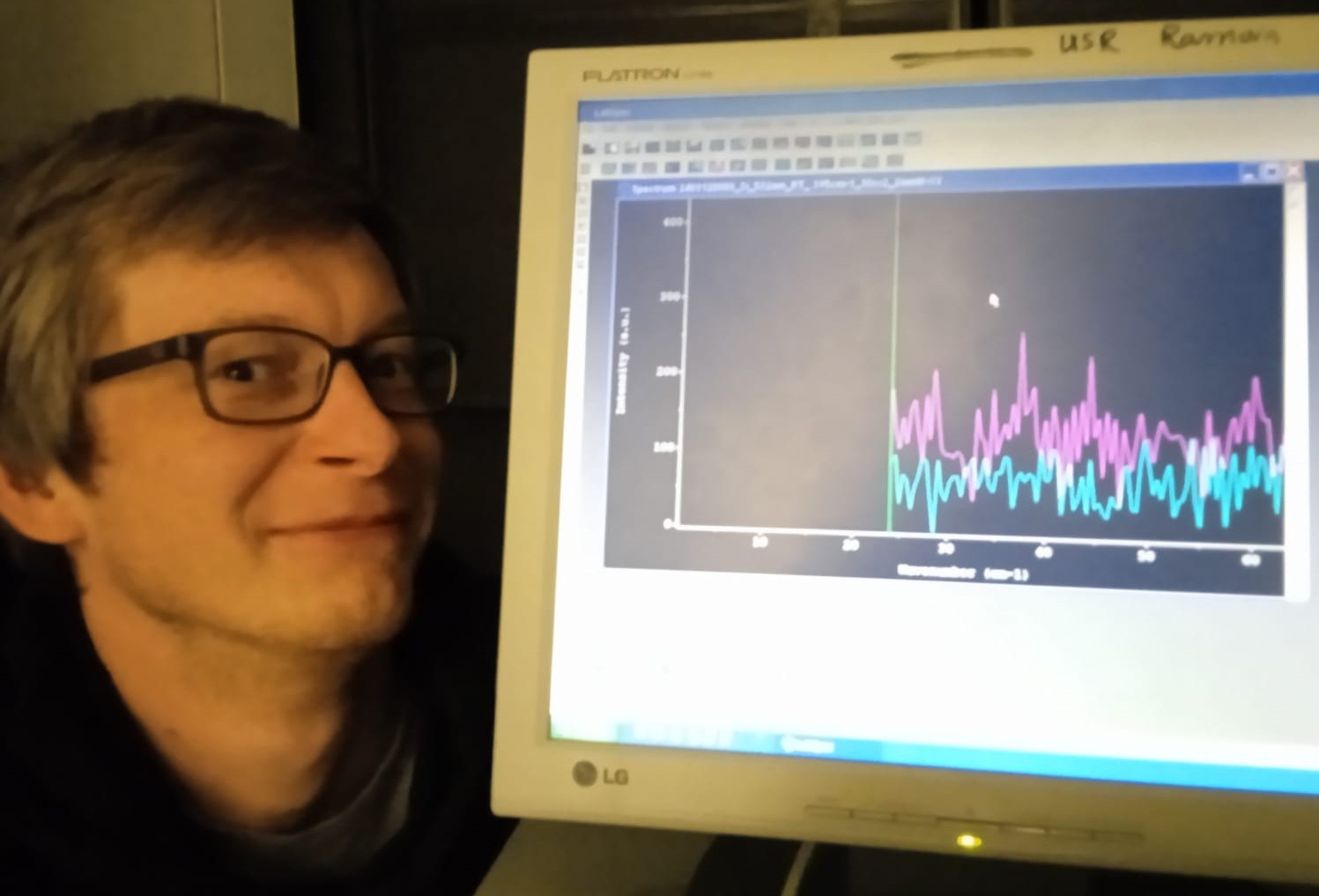 |
Denis Ukolov
115 / (0531) 391-5131;
(0531) 391-7986
denis.ukolov
at tu-braunschweig.de
Phase Miscroscopy,
QF, Metrology |
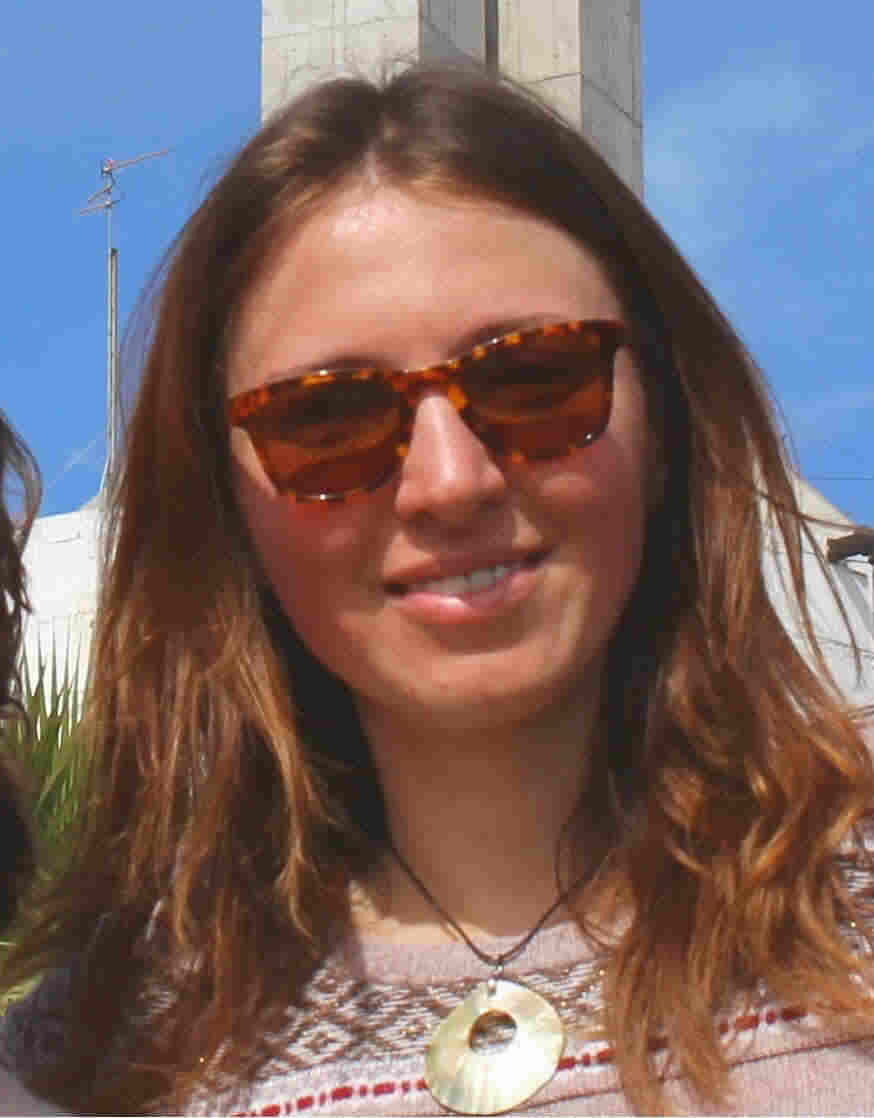 |
Silvia Müllner
115 / (0531) 391-51**;
(0531) 391-79**
s.muellner
at tu-braunschweig.de
Twisted light,
Metrology, Nanomet |
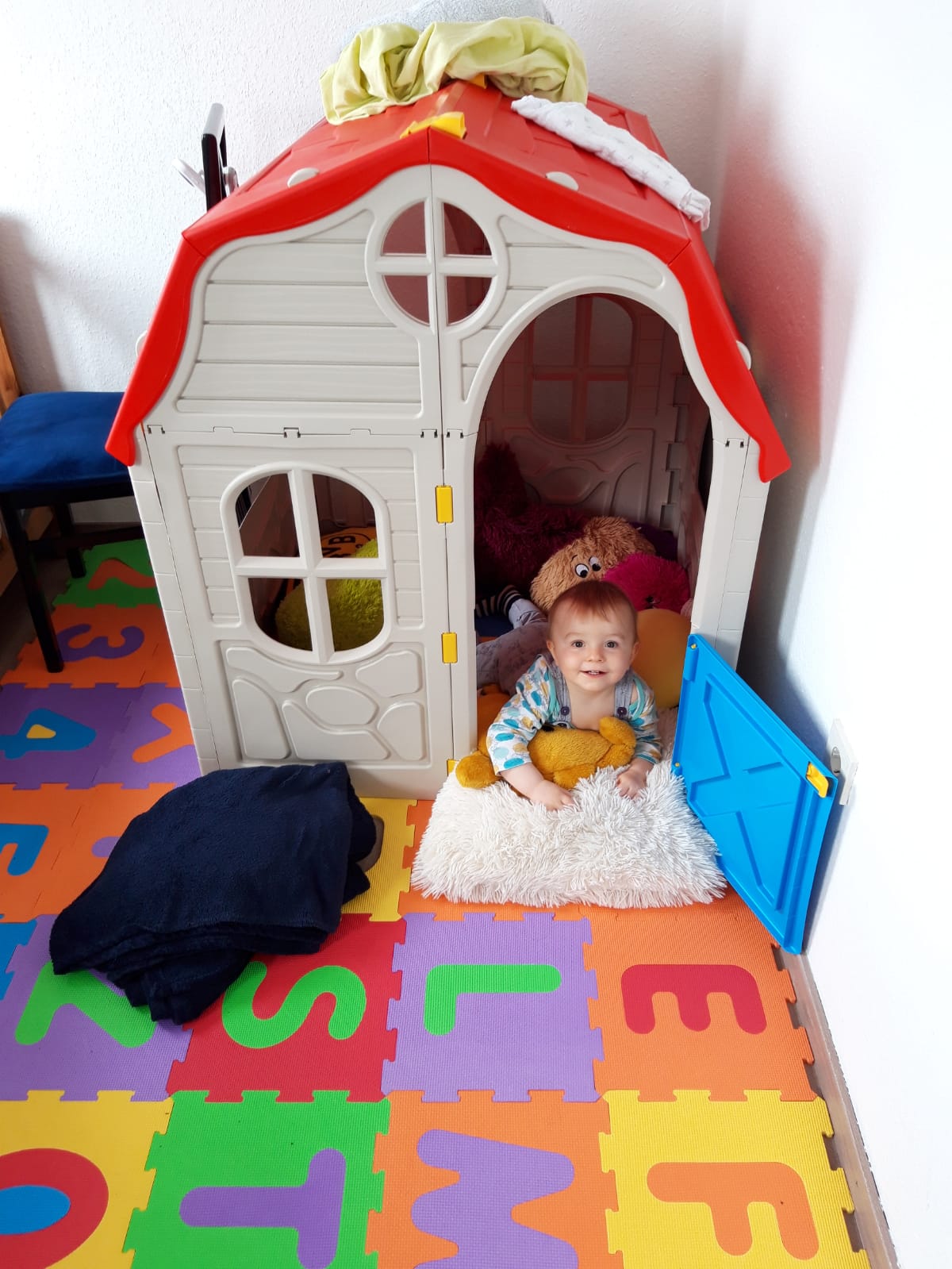 |
Oli and Nelly
115 / (0531) 391-51**;
(0531) 391-79**
Quantum Chromo Dynamics |
|
Long term
and frequent
visitors: (previous
visitors and members) |
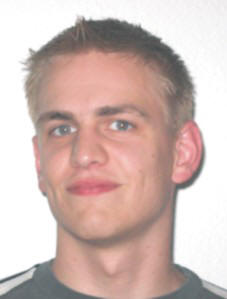 |
Dr.
Dirk Wulferding
Quanomet NL4
- Optical Metrology -
dirk.wulferding - at - tu-bs.de
Optical Metrology, Raman scattering - Scanning Probes
Now at
IBS, Seoul, Korea |
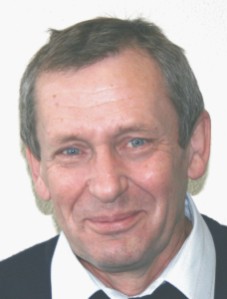 |
Dr.
Vladimir Gnezdilov
MS 3.126 /
(0531) 391-5109;
(0531) 391-7969
gnezdilov - at - ilt.kharkov.ua
ILTPE, Nat. Acd. Sciences, Ukraine,
Department Magnetism
Inelastic Light Scattering
Quantum Spin Systems and Molecular Magnets
Project: DFG |
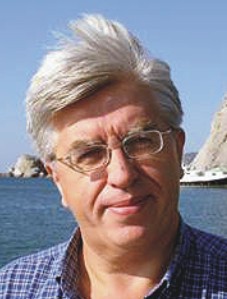 |
Prof. Dr.
Yurii Pashkevich
-161
/ (0531) 391-5121
y.pashkevich at tu-bs.de
Prof. at O.O. Galkin,
DIPE, NAS Ukraine
Magnetism, topology,
band structure calculations |
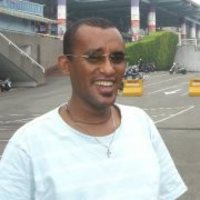 |
Dr.
Melisew Tadele Alula
Nachwuchsgruppenleiter
Botswana Intl. Univ. of Science and Technology
113 / (0531)
391-5131
melisewt2004 - at -
yahoo.com
Taylored nano systems for analytics and
environmental research
Project:
DFG, DAAD |
 |
Prof. Dr.
Samir Kumar Pal
115 /
391-5117;
391-7969
skpal at bose.res.in
S.N. Bose Nat. Center
for Basic Science, Kolkata, India
Macromolecular, Nanoscience
and time resolved spectroscopies |
|
|
|
Complete list |
Light and
Matter at the Quantum Frontier,
QuantumFrontiers,
DFG - EXC 2123
Speaker: K. Danzmann, A. Waag, P.O. Schmidt. |
The chiral anomaly and low energy electron
dynamics of
Weyl semimetals,
DFG - Le967-16
TU-BS and CUNY, with
David Schmeltzer |
|
Functionalization of
magnetic nanoparticles,
DFG - Le967-17,
with Melisev Tadele
Alula (Bahir Dar, Ethiopia and Botswana Intl. Univ.) |
|
Quantum- and
Nanometrology,
Quanomet,
Nds. funded,
TU-BS, LUH, PTB |
|
Metrology for Complex Nanosystems,
Nanomet,
DFG-RTG 1952,
Graduate School |
|
Principal
Applicant and Speaker: A. Waag |
Intern. Graduate School
on Metrology
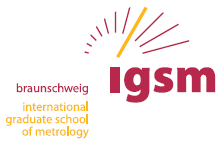
Principal Applicant, NMWK
an PTB supported,
Part of the Metrology Initiative Braunschweig |
|
|

